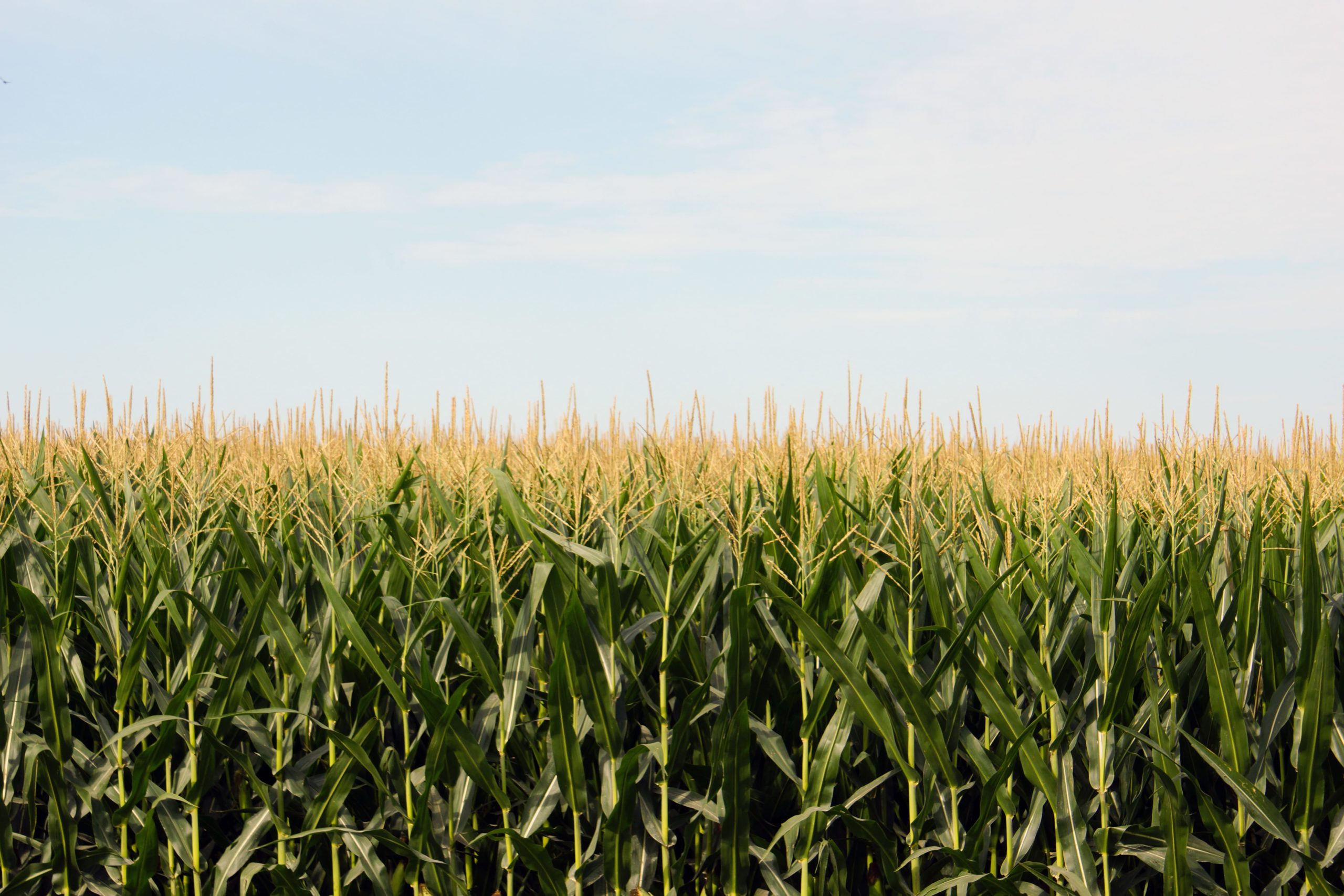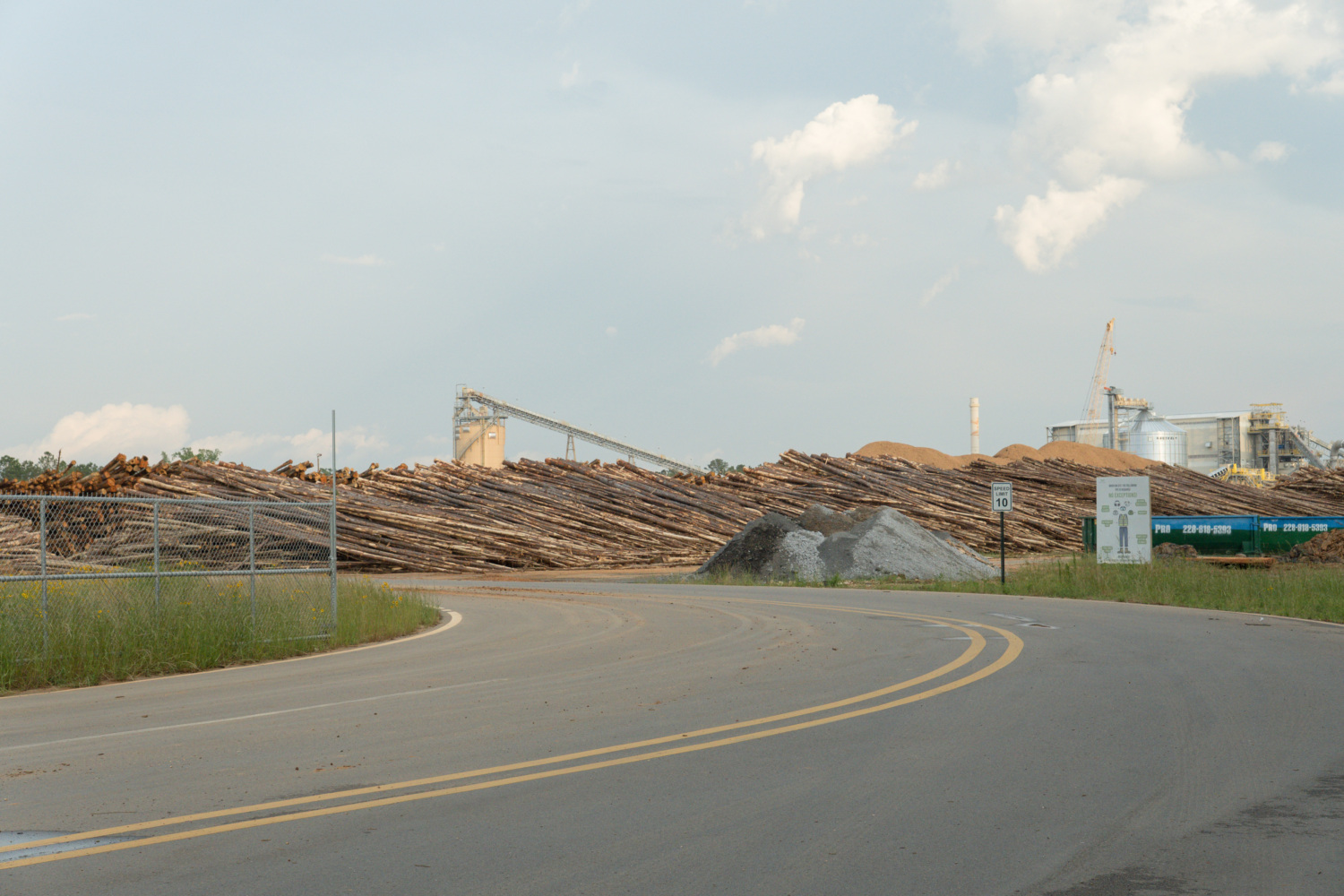
Biofuels Boondoggle: RFS Responsible for Massive Habitat Loss, Annual Climate Emissions Equal to 7 Coal Power Plants
New data released today by the National Wildlife Foundation shows that the Renewable Fuel Standard (RFS) has led to increased climate emissions as well as dramatic, unsustainable habitat loss in Iowa and throughout the United States.
“This new data empirically confirms that food-based biofuels are a climate disaster,” said local organizer Anya Fetcher. “The Renewable Fuel Standard is not a solution to climate change – it’s a giveaway to big agribusiness that has caused widespread environmental destruction in Iowa, the Midwest, and across the country.”
Mighty Earth Campaign Director, Rose Garr, said, “Voters in Iowa want real climate action, and that means more energy from wind and solar – and less from burning corn and soy. For years, pundits have claimed that the recipe for winning Iowa includes unconditional support for corn ethanol and soy biodiesel, but this data shows why many voters will be looking to the candidates to stake out a leadership position on this issue. We are optimistic that a bold, thoughtful leader will acknowledge that the RFS has failed and move us toward real climate solutions.”
Iowa is the country’s leading producer of ethanol and land conversion for new crop production has been especially rapid in southeastern Iowa. Iowa experienced an overall net increase of 487,434 acres of land converted to crop production between 2008 and 2016. However, land conversion for new cropland has occurred all across the United States. According to the study, prepared by researchers at the University of California-Davis, Kansas State University, and University of Wisconsin, 1.6 million acres of grassland, shrubland, wetland, and forestland were converted to crop production between 2008 and 2016 due to the RFS expansion in 2007. Over that same time period, the RFS mandates spurred an additional 1.2 million acres of land to remain in use for crop production instead of being retired or protected.
Taken together, the researchers note, the RFS has “stimulated an increase in total cropland area of 2.8 million acres, which accounts for 43 percent of the total cropland area change observed during the period.”
The RFS has reshaped the landscape of the United States, destroyed natural lands and habitats, and pumped more than 27 million metric tons of carbon dioxide into the atmosphere each year – and all without making any significant progress in the fight against climate change.
“Right now, the greatest threats to regional biodiversity are habitat loss and fragmentation,” said Jason Taylor, an Iowa City based Land Steward. “In many states these threats are attributed to urbanization; in Iowa, it historically comes from conversion of native prairies, wetlands, and woodlands into row crop. Ecosystems that used to support hundreds of species are being replaced by cropland that is intensively managed to support only one: either corn or soybeans.”
For the past three years, Mighty Earth has championed pro-environment reforms to the RFS, which mandates increasing biofuel consumption through 2022. In January, Mighty Earth’s activists in Iowa launched a new effort to pressure 2020 presidential candidates to reject food-based biofuels as a viable solution to climate change. Increased crop production for corn ethanol and soy biodiesel destroys native habitats and worsens the climate crisis. Biofuel production is also linked to agricultural runoff, which contaminates drinking water, burdens local water authorities, and destroys aquatic wildlife and habitat by feeding massive algal blooms, like the now-annual one in Lake Erie and the massive dead zone in the Gulf of Mexico.


